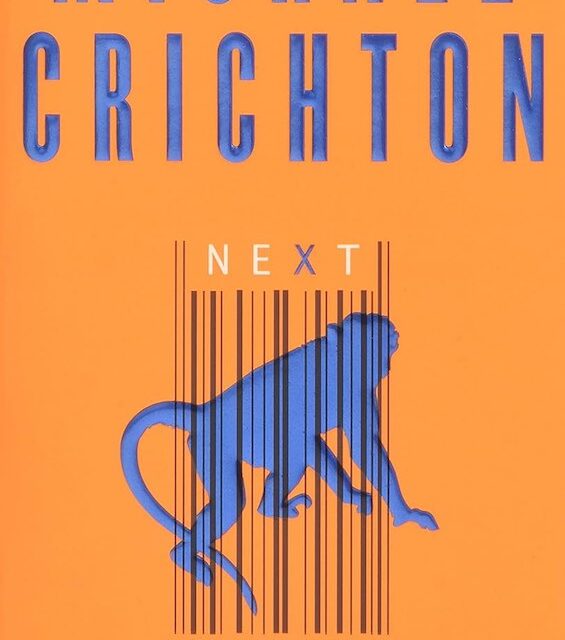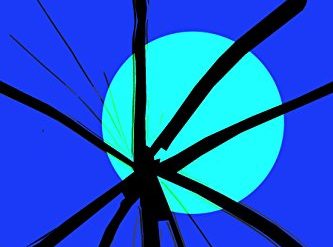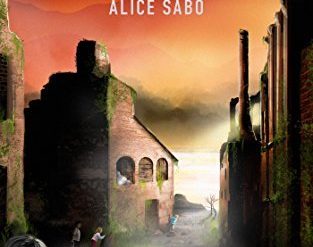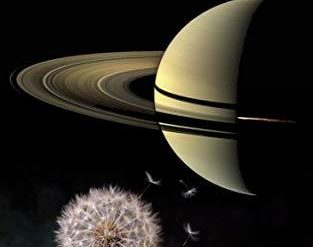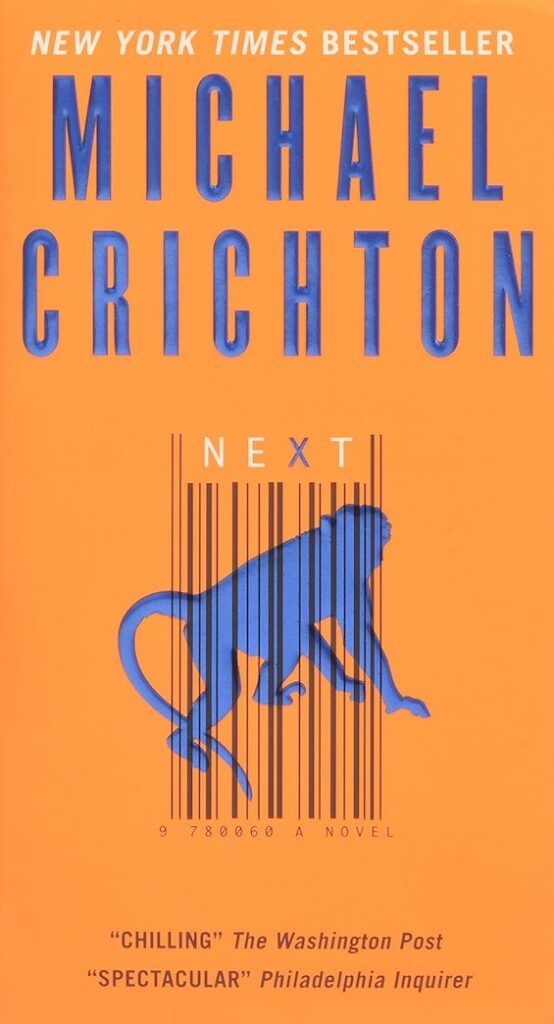
Estimated reading time: 4 minutes
Nowadays news reports and conspiracy channels are full of terrifying stories about artificial intelligence. But for decades advances in genetic engineering have generated similar horror stories. “Frankenfood.” Designer babies. GMO crops run wild. Toxic fungi. And about the time the volume of these tales was greatest more than a decade ago, Michael Crichton’s novel, Next, compounded the fear. When the book appeared, New York Times critic Janet Maslin called it a “thriller-tutorial” intended to instruct as well as entertain. But she also termed it “one of Mr. Crichton’s more un-put-downable novels.” And this thriller about genetic engineering is most certainly that. Some of the genetic engineering experiments he described in the novel may no longer seem as likely. But they’re no less scary.
Terrifying experiments solidly based on fact
In Next, Crichton weaves together a fast-moving story with lucid narrative and fictional news articles and excerpts from scientific papers about dangerous genetic engineering experiments. But there’s nothing fictional about the substance of these scary accounts. I checked out many of them—and every single one is based on fact. But Crichton’s story hangs on a more fanciful notion: the creation of transgenic animals with human intelligence. Unlikely though it may be, it makes for a great story.
Next by Michael Crichton (2006) 560 pages ★★★★☆
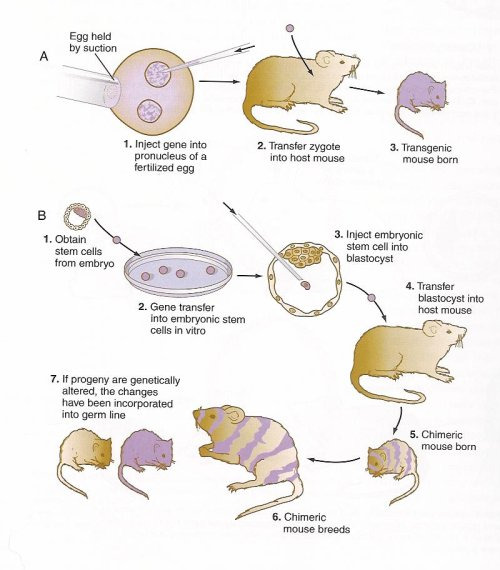
Genetic engineering itself is the star of this story
There is no single protagonist in Next, nor even a pair or three people at the heart of the novel. Crichton introduces scores of characters, many of them for only cameo appearances. If anything, two of those transgenic animals—a parrot and a chimpanzee, both of which are supremely entertaining—are the stars of the story. But there’s a generous complement of unscrupulous scientists, greedy biotech investors, and other unsavory characters as well as a gaggle of innocent bystanders, most of them children. However, just as Janet Maslin implies in her Times review, the mind-boggling narrative detailing advances in genetic engineering represents the novel’s core.
About the author

Michael Crichton‘s bio on the website maintained by his estate or his publisher reads in part as follows: “Michael Crichton was a writer and filmmaker, best known as the author of Jurassic Park and the creator of ER.
“Crichton graduated summa cum laude from Harvard College, received his MD from Harvard Medical School, and was a postdoctoral fellow at the Salk Institute for Biological Studies, researching public policy with Jacob Bronowski. He taught courses in anthropology at Cambridge University and writing at MIT.”
Crichton was born in Chicago in 1942 and died at the age of 66 in Los Angeles. He was married five times but had only two children. He wrote 28 novels and his books have sold over 200 million copies worldwide, and over a dozen have been adapted into films. Crichton received many awards for his work.
For related reading
Although I read many of Michael Crichton’s books before I launched this book review site, I’ve reviewed only one of them here: Sphere (Michael Crichton’s literary exercise in human conflict). However, I also reviewed a Crichton novel written posthumously by another science fiction author: The Andromeda Evolution by Michael Crichton and Daniel H. Wilson (Michael Crichton comes back to life in a new techno-thriller).
You’ll find somewhat similar novels at 10 great medical and biological thrillers.
For another novel on the same general theme—but much inferior—see Upgrade (Human++ #1 of 3) by Dima Zales (On the road to transhumanism).
For more good reading, check out:
- These novels won both Hugo and Nebula Awards
- The ultimate guide to the all-time best science fiction novels
- The top science fiction novels
- The top 10 dystopian novels
- 10 new science fiction authors worth reading now
And you can always find my most popular reviews, and the most recent ones, on the Home Page.

